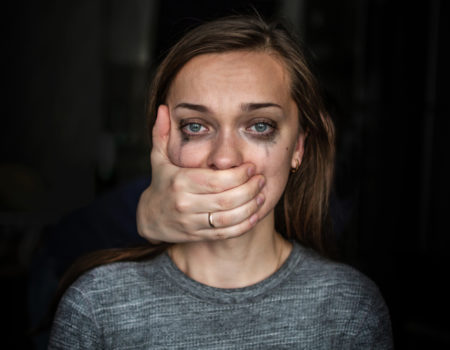Forced Marriage
Recognise a forced marriage
A forced marriage is where one or both people do not (or in cases of people with learning disabilities or reduced capacity, cannot) consent to the marriage as they are pressurised, or abuse is used, to force them to do so. It is recognised in the UK as a form of domestic or child abuse and a serious abuse of human rights.
The pressure put on people to marry against their will may be:
- physical: for example, threats, physical violence or sexual violence
- emotional and psychological: for example, making someone feel like they are bringing ‘shame’ on their family
Financial abuse, for example taking someone’s wages, may also be a factor.
For more information visit the Forced Marriage Unit website
Contact: telephone: +44 (0) 20 7008 0151, email, including for outreach work: fmu@fcdo.gov.uk, Facebook: Forced Marriage page, Twitter: @FMUnit,
Is it legal?
The Anti-Social Behaviour, Crime and Policing Act (2014) made it a criminal offence in England, Wales and Scotland to force someone to marry.
This includes:
- Taking someone overseas to force them to marry (whether or not the forced marriage takes place)
- Marrying someone who lacks the mental capacity to consent to the marriage (whether they are pressured to or not).
What are the signs of a forced marriage?
- Young people who are persistently absent from school, college or university
- Requests for extended leaves of absence, particularly if overseas travel is involved
- Inflexibility with arrangements and future planning. Victims of forced marriage are often subjected to strict controls over their movements
- A woman who is often accompanied by male members of their family
- Evidence of domestic abuse or depression
- Young people who are prevented from continuing into higher education
- Financial abuse, for example taking someone’s wages, may also be a factor
- Young people who are anxious about school holidays
How can people be protected?
A Forced Marriage Protection Order can help if:
- A person is being forced into marriage, or
- A person is already in a forced marriage
Applications for Forced Marriage Protection Orders can be made at the same time as a police investigation or other criminal proceedings. Someone who disobeys a court order can be sent to prison for up to two years for contempt of court; but breach of a Forced Marriage Protection Order is also a criminal offence with a maximum sentence of five years’ imprisonment.
Further information and training can be obtained from:



